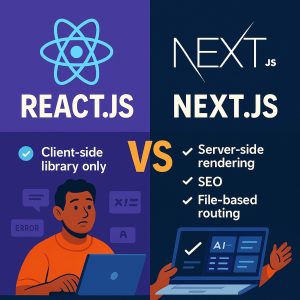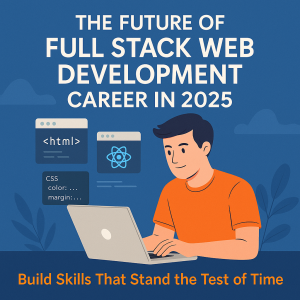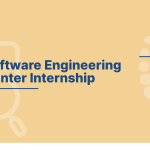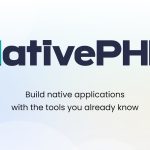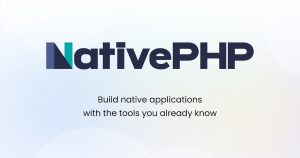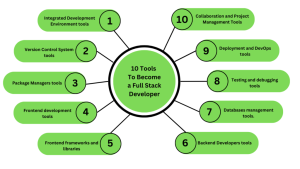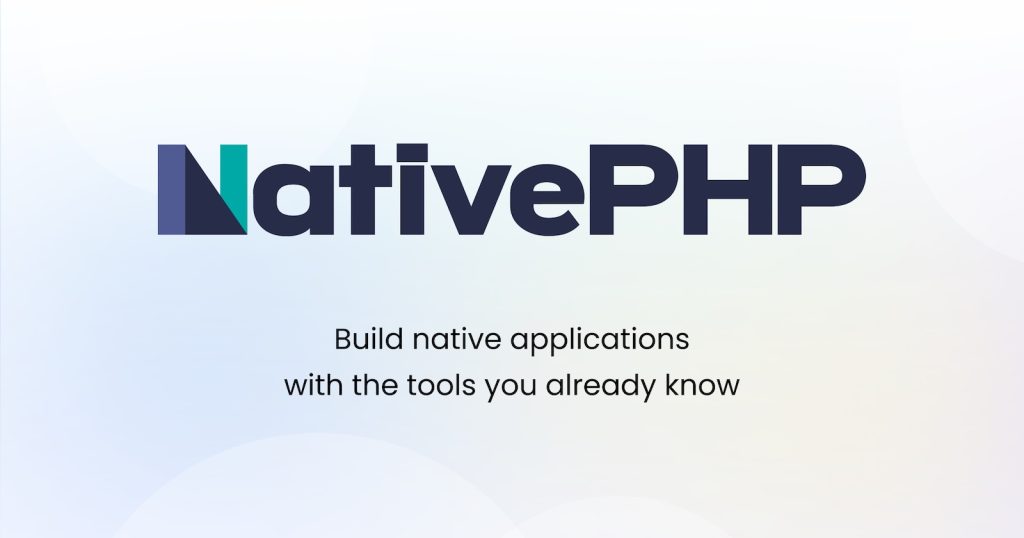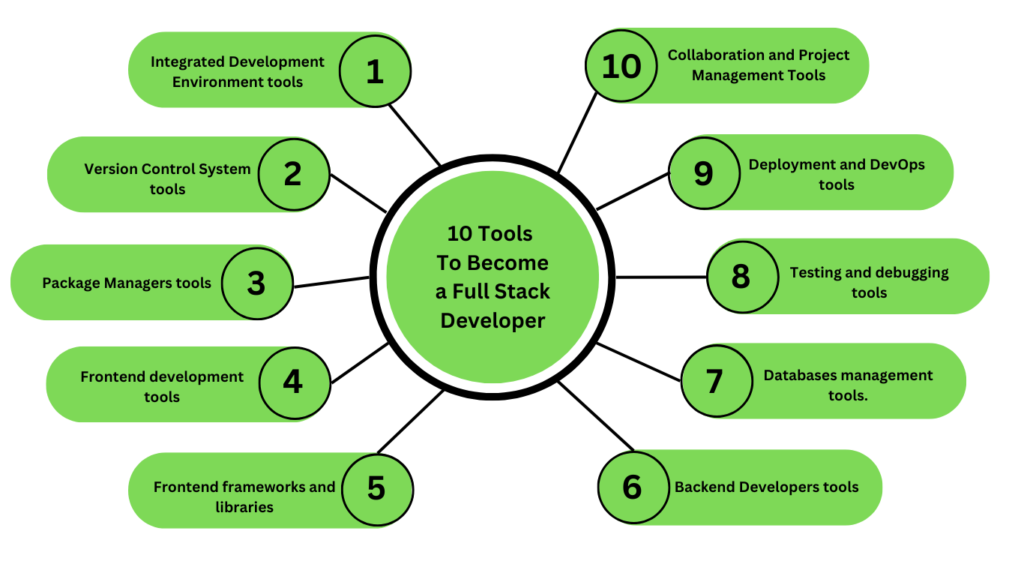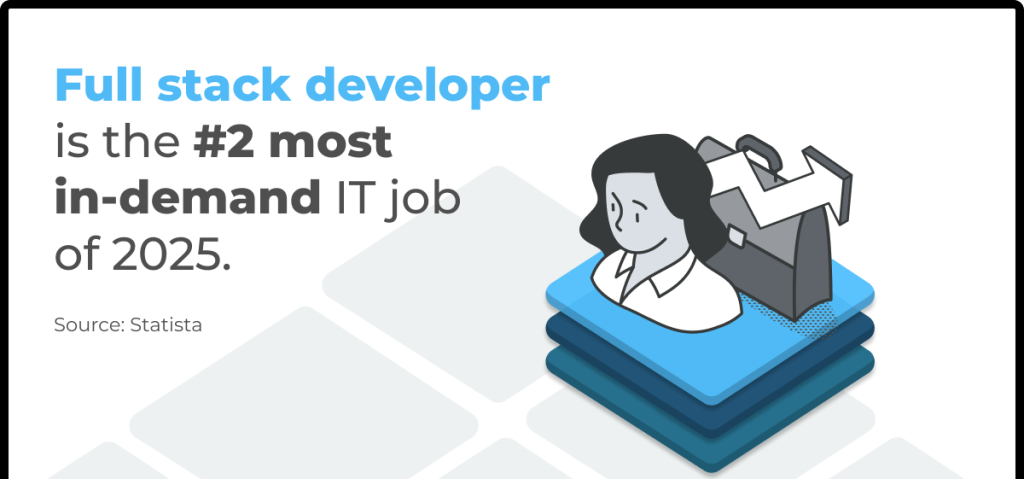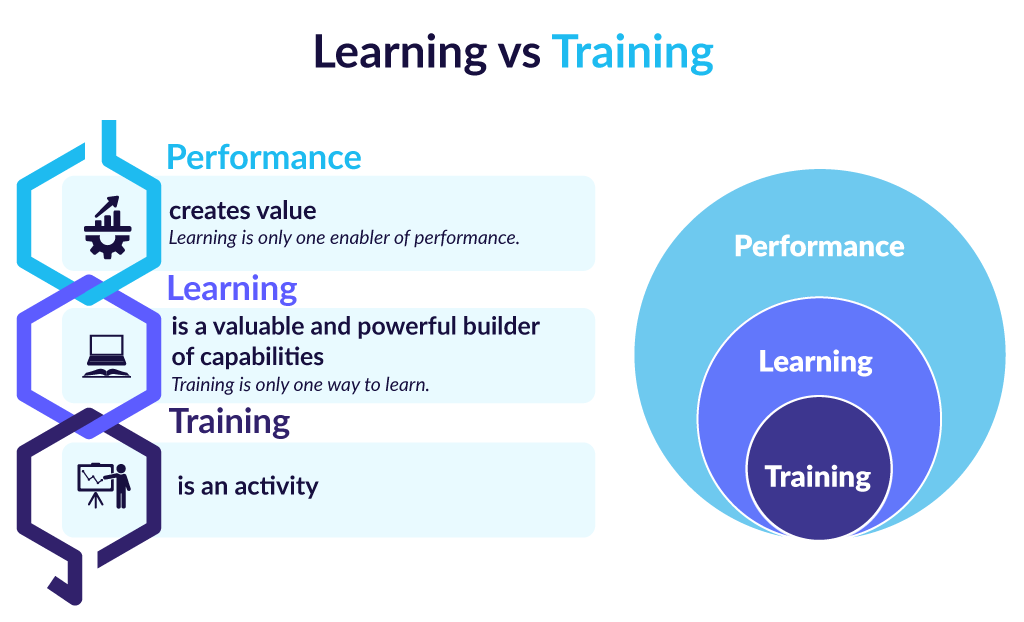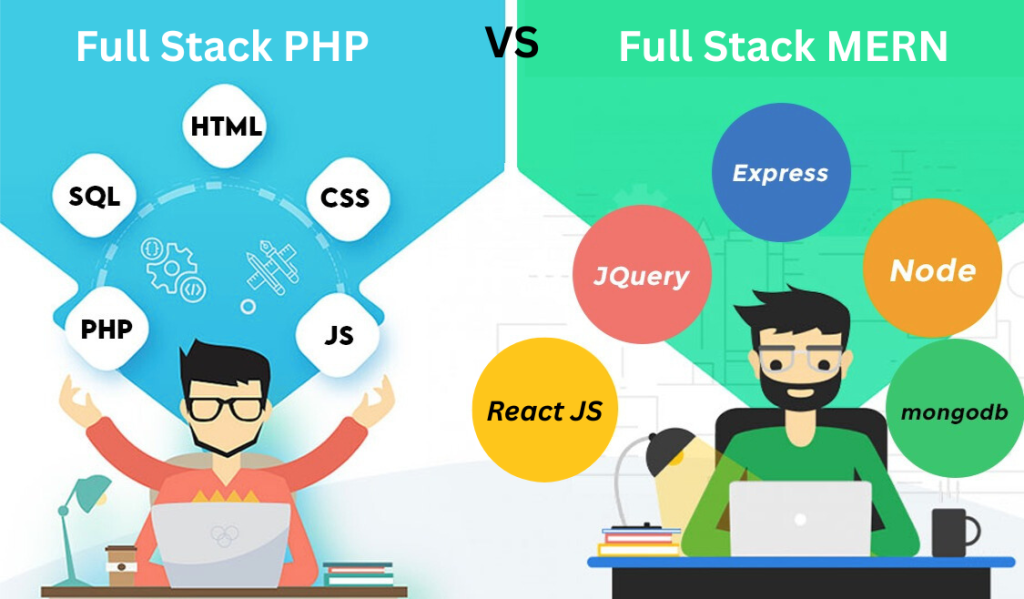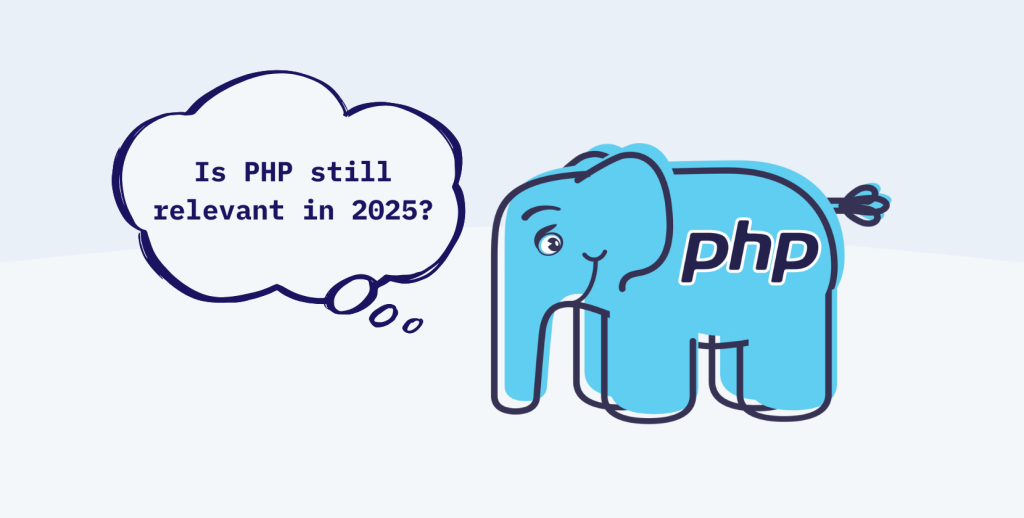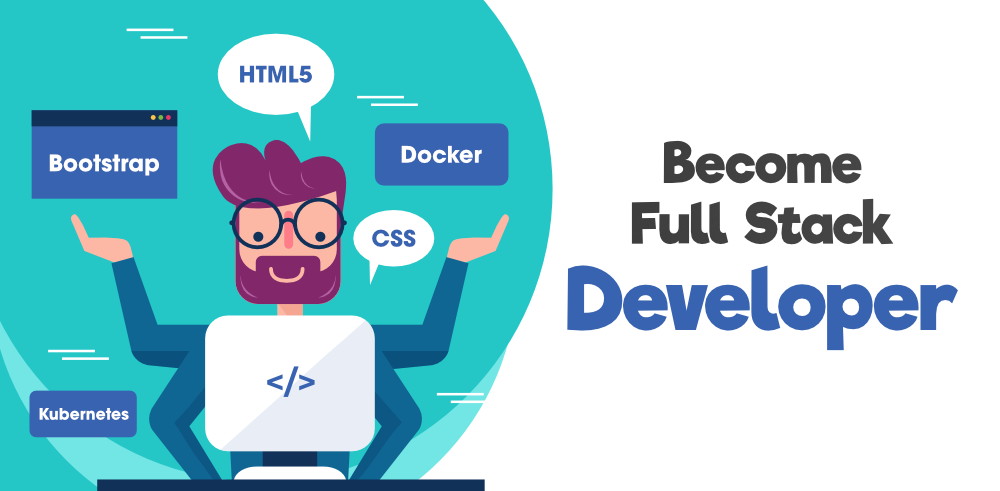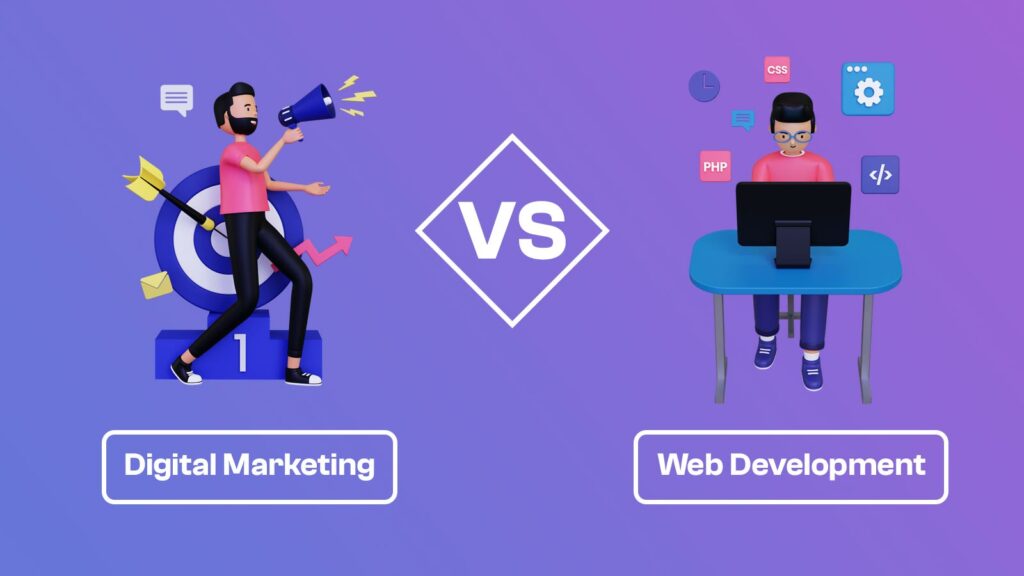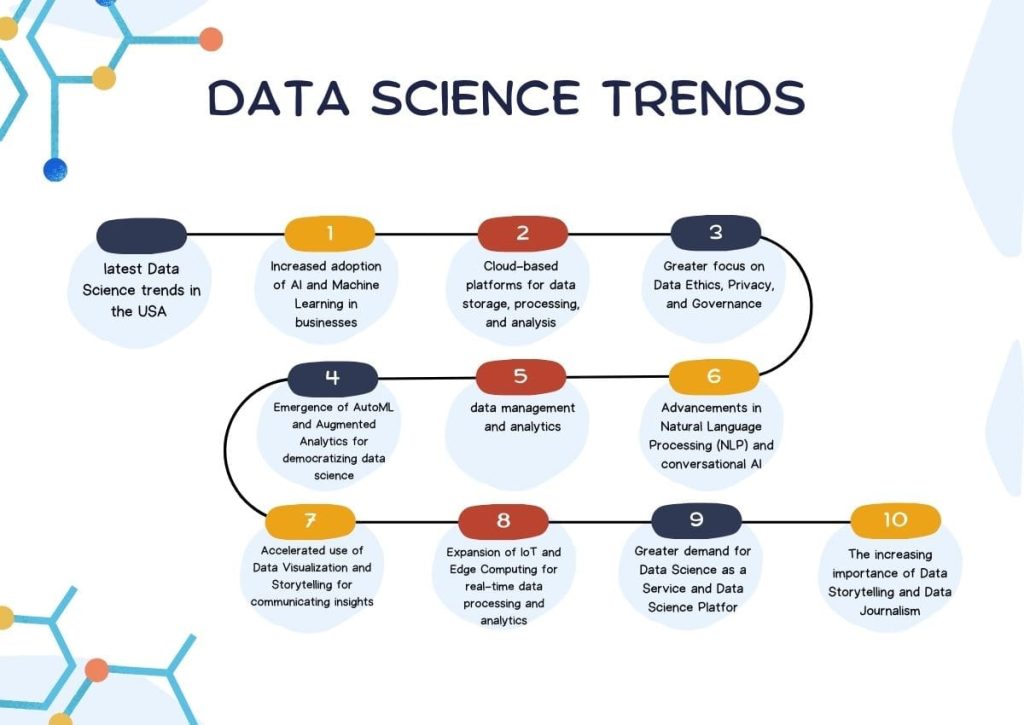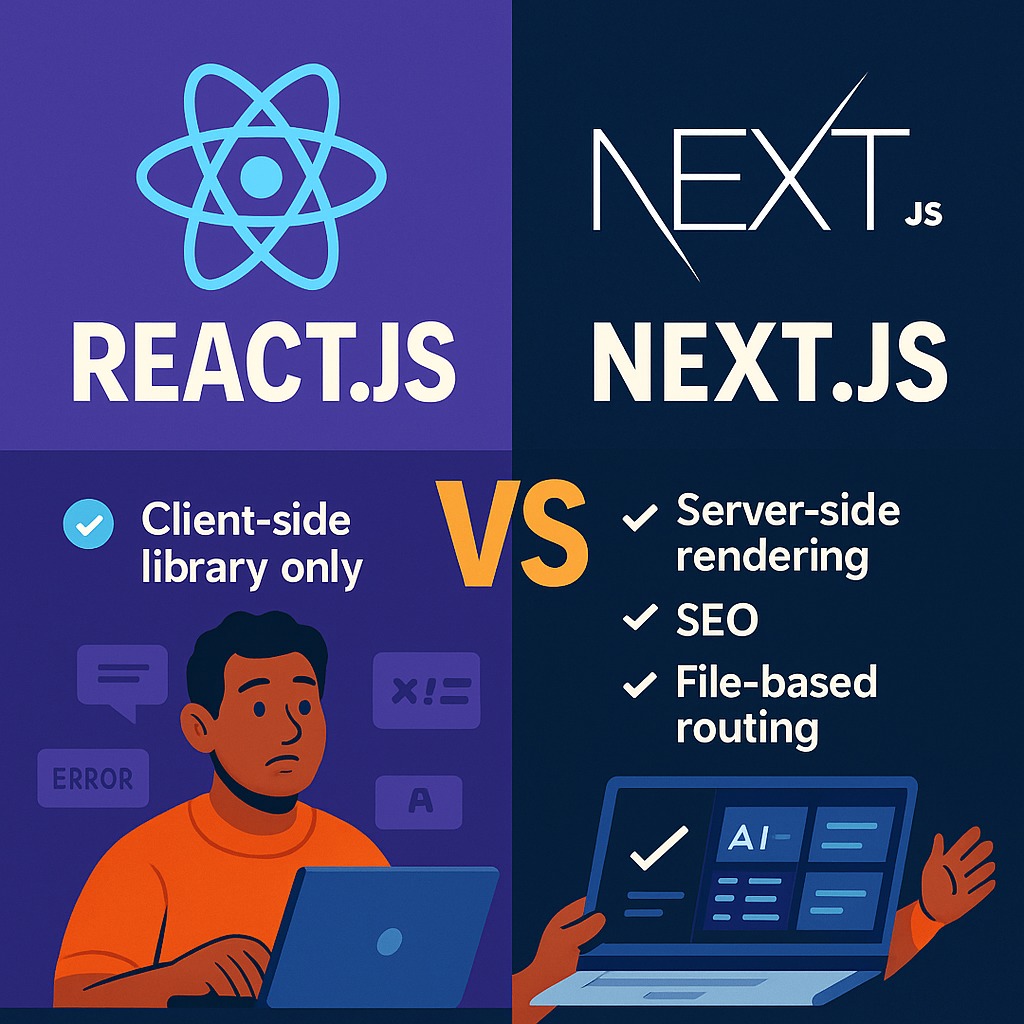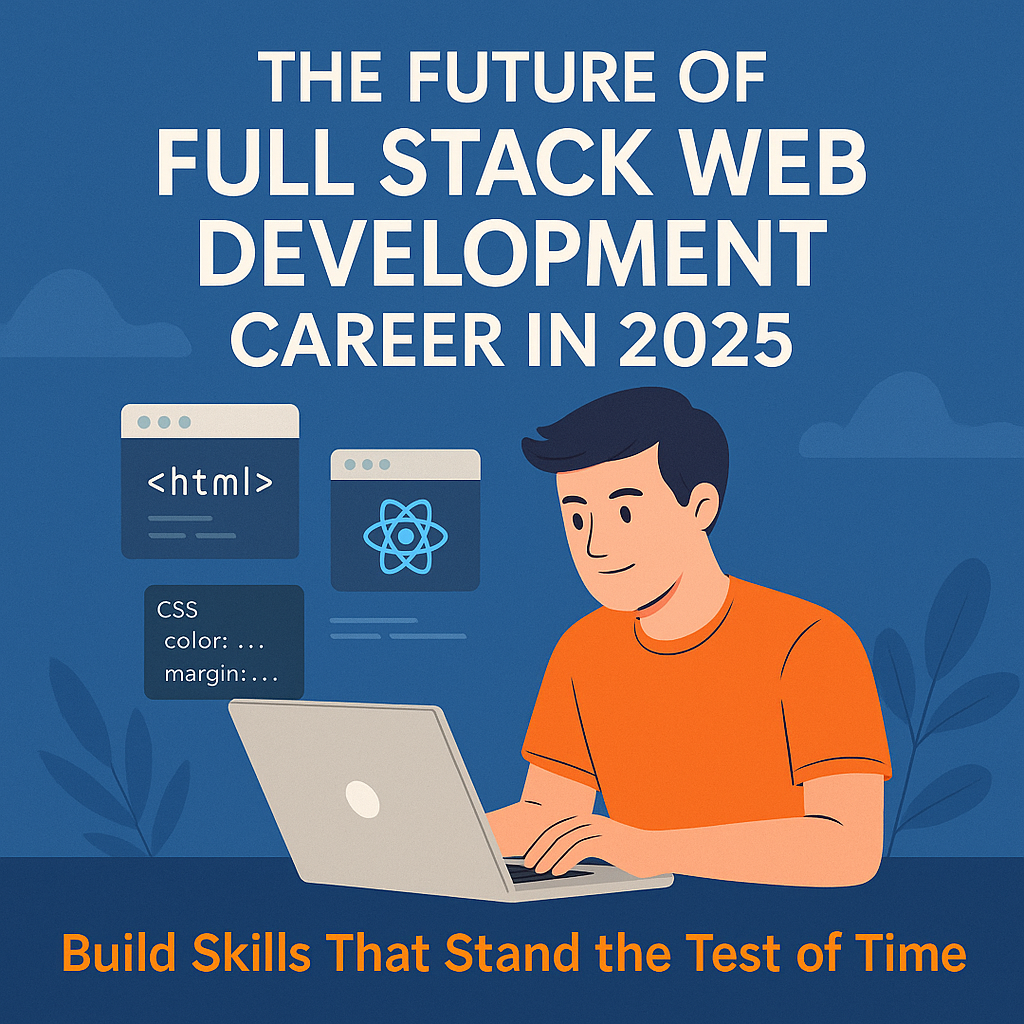10 Skills Recruiters Will Look for in 2025 (And How You Can Start Learning Them Today)
Let’s be real — the job market isn’t what it used to be. Degrees alone aren’t enough anymore. Employers want to see what you can actually do. That means skills are more important than ever — especially the kind that make you flexible, adaptable, and ready to jump into real-world projects.
So if you’re wondering “What should I learn to get hired in 2025?” — this list is for you.
Here are 10 skills recruiters will seriously value in 2025, and how you can start learning them today.

1. Full Stack Development
Full Stack Web Development is still one of the hottest skills out there. Why? Because companies love developers who can work on the full package — front end and back end
Tools to start with: HTML, CSS, JavaScript, React, Node.js, MongoDB
Try This: Build a personal website or clone a basic e-commerce site to practice both sides of development.
2. Data Science
Data Science is where tech meets problem-solving. If you’re someone who loves patterns, trends, and predicting “what’s next,” this field is made for you.
Skills to focus on: Python, pandas, machine learning basics, Jupyter notebooks
Try This: Explore free datasets on Kaggle and do some beginner analysis — you’ll learn a lot by doing.
3. Digital Marketing
The internet is crowded. Digital marketers are the ones helping brands stand out. If you love creativity mixed with strategy, this is your playground.
Learn things like: SEO, social media marketing, email campaigns, content creation
Try This: Create your own blog or Instagram page and grow it organically — it’s real-world experience you can talk about.
4. Data Analytics
Data Analytics is the “what happened and why?” version of Data Science. It’s all about pulling insights from numbers and helping teams make better decisions.
Tools to explore: Excel, SQL, Power BI, Tableau
Try This: Track your personal expenses and create a dashboard — it’s basic but teaches you real skills.
5. Cloud Computing
More companies are moving to the cloud. Understanding how cloud services work is becoming a must-have skill in IT and software development.
Start with platforms like: AWS, Google Cloud, Microsoft Azure
Try This: Learn how to host a simple website or web app on AWS or GCP — it’s a great introduction.
6. UI/UX Design
Apps and websites are everywhere. But making them look good and feel good to use? That’s what UI/UX design is all about.
Tools to explore: Figma, Adobe XD, wireframing, prototyping
Try This: Pick your favorite app and redesign it — think about what could work better and how users interact with it.
7. Communication & Soft Skills
No matter what field you’re in, how you present yourself, work with others, and explain your ideas — it matters.
Key areas: Presentation skills, team collaboration, feedback handling
Try This: Practice explaining technical things (like coding or analytics) to a non-technical friend or family member.
8. Cyber Security Basics
With everything moving online, keeping things secure is everyone’s job — not just IT departments.
Basics to learn: Strong passwords, phishing awareness, secure logins, and safe data practices
Try This: Read up on recent data breaches and understand what went wrong — it’s eye-opening.
Project Management & Agile
Most companies work in teams, and many follow Agile or Scrum methodologies to get things done. Understanding how projects move forward gives you a huge advantage.
Tools: Trello, Jira, Kanban boards
Try This: Use Trello to organize your personal projects or studies. You’ll learn by managing your own work like a pro.
10. AI & Machine Learning
AI isn’t just for researchers anymore — it’s showing up in marketing, healthcare, e-commerce, and even social media.
Beginner-friendly tools: TensorFlow, scikit-learn, Google Colab
Try This: Watch a YouTube series on AI basics or take an intro course. Even learning the fundamentals will put you ahead.
Final Thoughts
You don’t have to learn all 10 skills overnight. Just start with the ones that excite you. The important thing is to keep learning, stay curious, and build things — because that’s what stands out to recruiters today.
So if you’re asking, “What can I do now to be ready for 2025?”
The answer is simple: Pick a skill, start small, and be consistent.
The future belongs to learners. And you’ve got this



